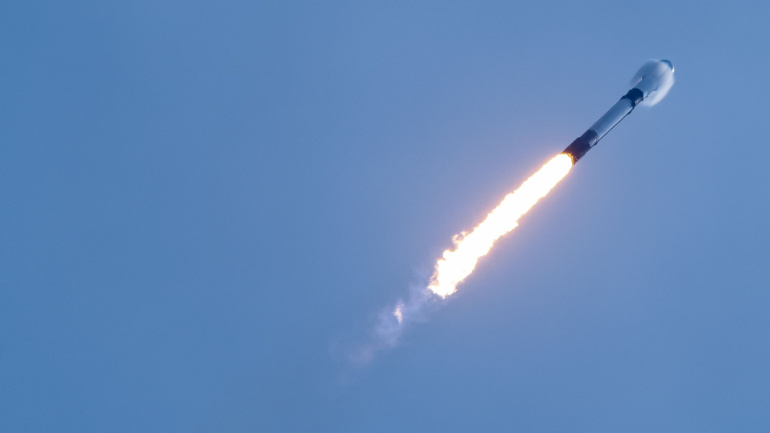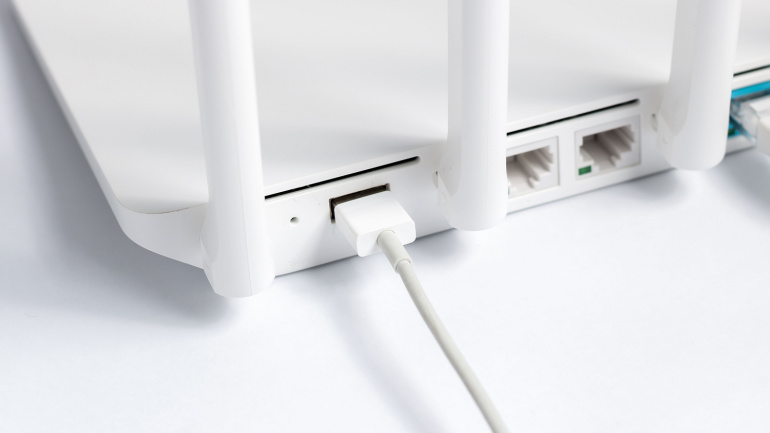The Q2 global market growth for cloud infrastructure services showed a flourishing trend, although at a slightly reduced rate from Q1. The noteworthy strides are largely linked to evolving spending habits, with AI expected to power considerable growth soon. Amazon and Microsoft demonstrate this shift, announcing AI-focused programs in response to the rising demand. Nevertheless, mastering AI implementation comes via strategic partnerships, open to those willing to forward AI applications.
The intriguing merger between Dish Network and EchoStar creates a powerful entity in wireless connectivity, poised to lead in both terrestrial and non-terrestrial realms. Fusing Dish’s comprehensive services with EchoStar’s satellite solutions promises robust connectivity options, utilizing a vast array of technology and expertise. Yet, beyond the marriage of technology, the merger is primarily a tale of economic survival and growth. The incorporation of EchoStar’s financial stability into Dish’s uncertainty may just be the lifeline
The Biden administration is set to launch a groundbreaking initiative today, introducing a new cybersecurity label for smart devices that aims to bolster security standards and protect consumers from potential threats. Federal Communications Commission (FCC) Chair Jessica Rosenworcel revealed the label, called the US Cyber Trust Mark, during a press briefing. The Cyber Trust Mark will signify that devices bearing it meet stringent security criteria based on the National Institute of Standards and Technology (NIST) report.
Top tech giants, including Amazon, Apple, and Microsoft, have recently been identified by the European Commission under the new Digital Markets Act (DMA) as potential digital ‘gatekeepers’. These firms, commanding vast economic and influential prowess, now sit waiting during a 45 day review period that could officially brand them as such. Following the conclusion of the evaluation process, each company will need to navigate a six-month transition to achieve full compliance with the DMA directives. These guidelines are aimed at fostering competition and safeguarding both end-user rights and the interests of small scale businesses.
According to Bloomberg analyst Mark Gurman, Apple has some exciting developments in the pipeline, including the potential release of an independent display and new features for the future AirPods. Gurman suggests that the upcoming monitor could serve as a smart home display when not actively used.
Microsoft and Salesforce have emerged as leaders in the low-code space for their integration of generative AI, according to a report by GlobalData, a prominent data and analytics company. The digital transformation era has fueled the demand for rapid app development and intelligent automation, prompting innovative enterprises to explore the potential of emerging technologies. The “Low-Code Platforms: Competitive Landscape Assessment” report by GlobalData highlights the fiercely competitive nature of the low-code market segment. Microsoft has strengthened its position by combining its Power Automate offering with the new Azure OpenAI service. On the other hand, Salesforce has been consolidating its Salesforce Flow/Automation and Einstein tools, including Einstein GPT CRM tools, within its Data Cloud platform. Charlotte Dunlap, Research Director at GlobalData, acknowledges the rapid entry of global public cloud platform providers such as Google, Microsoft, and Amazon into the low-code market. These companies are launching strategies centered around visualization tools, automation…
stra, the Australian telecommunications company, has announced a new partnership with SpaceX’s Starlink, a Low Earth Orbit (LEO) satellite constellation. The collaboration aims to provide home phone and broadband services to customers in remote areas. Telstra’s satellite connectivity services will offer expanded options for businesses and consumers who previously had limited access to broadband, potentially bringing them online for the first time.
Elon Musk’s ambitious plans to bring Starlink to India face challenges amidst spectrum policy clashes with local telecom operators. As the competition heats up in India’s satellite communication space, the sector’s future remains a hot topic.
EU Contemplates 5G Vendor Ban Amid Huawei Funding Debate The European Union is debating whether to ban certain companies from their 5G networks due to security concerns. Huawei, the company most affected by the potential ban, is receiving funding of around €3.89 million from the EU for research in areas like 6G, AI, and cloud computing under the Horizon Europe research program. Horizon Europe is the EU’s main research and innovation initiative, with a proposed budget of €12.8 billion in 2024. The EU is worried about member countries, especially Germany, being slow to restrict the use of “high-risk” vendors. Analysts suggest that stricter measures from Germany would greatly impact Huawei’s presence in Europe. Read the full article European Commission Targets Google’s Adtech Dominance with Statement of Objections The European Commission has raised concerns about Google’s control of the digital advertising ecosystem and issued a Statement of Objections against the tech…
The FCC’s recent proposal for shared access of the 42 GHz band could revolutionize the telecom industry by introducing new service providers and business models. With mixed reactions, the proposed sharing mechanism aims to prevent interference and encourage competition, potentially attracting companies like Amazon to the mmWave spectrum.













